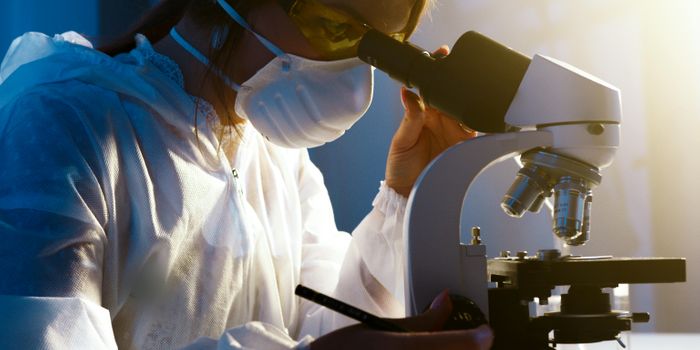Cytostatic Drug Proved Potent For Cancer

A study published in journal Angewandte Chemie, describes how a cytostatic drug, consisting of therapeutically active molecules that is linked to specific antibodies can treat tumors. Such novel conjugates are made from antibodies and a protein that inhibits kinesin spindle formation.
The study revealed that changing the “linkage” between these two components allows for the drugs cytostatic activity in a broad palette of cancers.
The purpose of the study was to introduce a new cytostatic drug that will not produce adverse effects on cancer patients. This is especially true since many medications may be effective but interfere with physiological regulatory mechanisms that cause the impairment of immune defenses, produce hair loss, and induce nausea.
Watch the short video below on side-effects of chemotherapeutic drugs:
The study was aimed at introducing a cytostatic drug directly into tumor cells before triggering a toxic effect. One proposed way was to attach small drug molecules to an antibody (that binds to specific sites—antigens) and produce a conjugate.
The linker will serve as a bridging component that will hold the conjugate together for as long as it circulates in the blood. Although incorporating cytostatic drugs into antibody conjugates have been so far successful, they are limited.
Diverging away from the classic mechanisms of cytostatic drugs, researchers have opted to use cytotoxin that which that utilizes a different biological pathway. More specifically, the cytotoxin is a novel pyrrole-based kinesin spindle protein (KSP) inhibitor which is implicated centrosome separation during cell division. Low doses of this cytoxin is highly effective enough to inhibiting this step of the cell cycle leading to a strong antitumor effect. The researchers have demonstrated that use of this technique can produce a highly effective antibody conjugates that allow them to target a variety of tumor types.

Image Credit: Wiley Online Libraries
The developed conjugates were seen to be very potent in vitro and when using experiments on mice, the conjugates led to complete remission of a human bladder tumor model with minimal side effects
Source: Wiley








